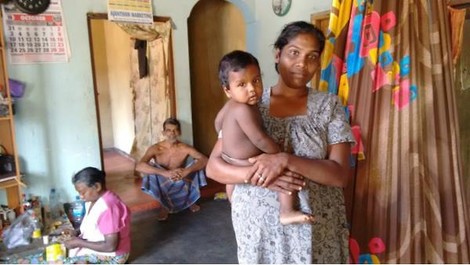Your podcast discovery platform
Curious minds select the most fascinating podcasts from around the world. Discover hand-piqd audio recommendations on your favorite topics.

piqer for: Boom and bust Global finds
I am a Dutch journalist, writer and photographer and cover topics such as human rights, poverty, migration, environmental issues, culture and business. I’m currently based in The Hague, The Netherlands, and frequently travel to other parts of the world. I have also lived in Tunisia, Egypt, Kuwait and Dubai.
My work has been published by Al Jazeera English, BBC, The Atlantic's CityLab, Vice, Deutsche Welle, Middle East Eye, The Sydney Morning Herald, and many Dutch and Belgian publications.
I hold an MA in Arabic Languages and Cultures from Radboud University Nijmegen and a post-Master degree in Journalism from Erasmus University Rotterdam. What I love most about my work is the opportunities I get to ask loads of questions. Email: [email protected]
Telling The Stories Of Migrants In The Gulf To Improve Their Lives
“Every day and in every country in the Gulf region, thousands of migrants fly in from their home countries, bringing with them their hopes and dreams but leaving their families behind,” writes Victoria Scott for The New Arab, a news and current affairs website.
Many of these men and women are destined for low-paid jobs in the construction, agriculture and domestic sectors.
Their toil pays for schooling for their children, for a new roof for their family home, for the medical care needed by their parents.
But others can become trapped in an endless cycle of repeated migration, often subject to abuse and exploitation along the way.
In Qatar and the UAE, migrant workers make up more than 80 percent of the total population.
Vani Saraswathi, associate editor and director of projects at the NGO Migrant-Rights.org, wrote a book about the topic: Stories of Origin: The Invisible Lives of Migrants in the Gulf.
She spoke to people in and from India, Nepal, Indonesia, Sri Lanka, the Philippines, Uganda and Ethiopia. She writes in the introduction:
Lower-income migrant workers are just numbers on paper, and are deliberately rendered faceless and invisible both in their home countries and in the countries they work in.
She hopes that telling these peoples' stories might help bring about societal change.
Low-income houses are often in far away locations, so that migrants are rarely seen in wealthier neighbourhoods. Besides, many low-income workers are not allowed into public spaces in their free time, such as shopping malls, museums or parks. Because of this, there is little opportunity for casual, daily interactions with the original population in the host countries.
